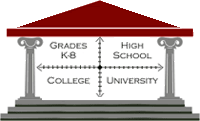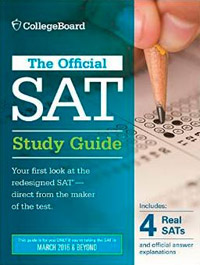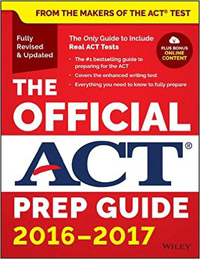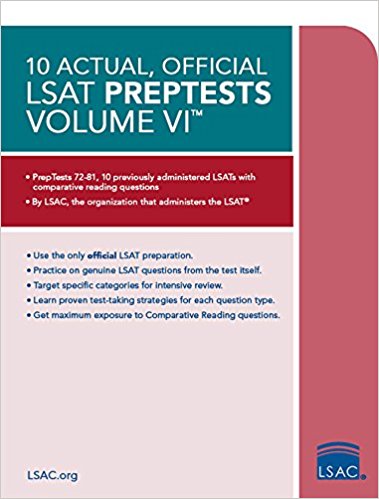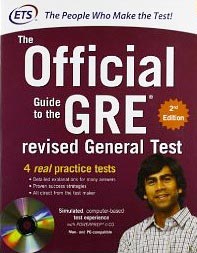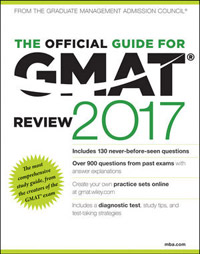|
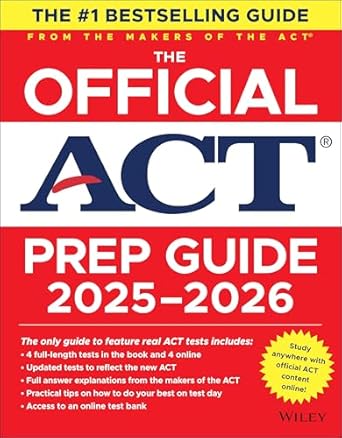
First, check out my free ACT e-book, Master the ACT.
Then:
Step 1: Take a diagnostic test to get a baseline score. Download a free ACT practice test here (make sure to print it out). The ACT takes around 3.5 hours total and should be taken all at once, if possible, or split into a maximum of two parts.
If you don't have access to a printer, then you should also buy one print copy, preferably two—the second copy should be left blank—of the The Official ACT Prep Guide 2025-2026. This book contains 4 exams in the new, shorter, "enhanced" ACT format that made its digital debut in April 2025 and its paper debut in September 2025. Key changes include making the Science section optional, and providing more time per question.
You can also practice all the questions from Test #1 in the book (form 25MC1) in a realistic digital format via the ACT website: https://www.act.org/content/act/en/products-and-services/the-act/test-changes/online-testing/sample-questions.html
However, only 4 exams in the new format is not enough. Serious students will want to complete at least 10-12 real practice ACTs before they are fully ready to maximize their ACT scores. Luckily, free PDFs of dozens of other real ACT "Test Information Release" aka TIR exams with answer keys and accurate scoring tables can be easily found online, with the form codes and a google search. These historical exams are in the older, longer format—but can still be used for realistic practice and learning.
Full List of 102 ACT PDFs (with form codes)
Professional tutors like me will often have a collection of real ACTs, compiled from past exams that were publicly released but neither available for purchase nor offered online. For practice, try to stick to real ACTs whenever possible. For strategy, look elsewhere: a book, a class, or a private tutor who can point you in the right direction.
ACT Prep - Recommended Books and Materials (Amazon)
Step 2: Set a score goal. Most ACT score improvements are somewhere around 5 points, or 25%, from the first score, given time for sufficient preparation and depending on the student's starting score. The lower the starting score, the more potential for improvement.
Step 3: Continue working on the content of the test, and keep reading challenging material, such as the Top 100 Fiction and Top 100 Non-Fiction titles on Amazon. Also check out literary websites such as The Atlantic, The New Yorker, and The Economist.
Step 4: (only recommended for lower-scoring students): take an ACT classroom or self-paced online course. These types of classes can be helpful for low scorers who need all the time, practice and repetition they can get. However, don't overpay for an "elite" class or a score "guarantee": these types of classes are all very similar, focusing mostly on test content and basic strategies for the average student. Instead, save your money for a qualified private tutor later on in the process. In addition, the so-called guarantees are usually full of fine print, so it's quite difficult to actually get your money back, even if you feel that you should qualify.
Step 5: If you haven't done so already, then buy 2 copies of the most recent edition of The Official ACT Prep Guide (I recommend keeping a second, blank copy for the purpose of reviewing questions without bias), and buy a good graphing calculator. If you don't want to buy the book, then find as many old PDFs of ACT TIR tests that you can, and practice using those instead. Start trying individual questions untimed, as well as taking practice sections and full, timed practice tests.
Step 6: Once you begin studying, consider scheduling some time with me or another private tutor. You may meet with me for anywhere from 30 minutes to 25 hours or more. I recommend scheduling a 15-minute phone consultation with me or your tutor before the first lesson, to discuss timelines, scheduling, and the unique needs of the student(s).
Working with a private tutor is the very best way to maximize your score, for a variety of reasons:
1) You are given personalized attention, lessons tailored to fit your schedule, and the opportunity to discuss each question in-depth until you are fully satisfied.
2) Private tutors are usually the best instructors.
3) A skilled private tutor will serve as a friend and confidant, hold you accountable, give you specific assignments and work on any problem areas so that all you have to do is put in the effort. Simply talking about the questions with your tutor helps aid your understanding of each question and your test-taking strategies.
Homework:
As a general rule, students should spend at least one hour on homework for every hour they spend with their tutor. The usual homework assignment is 2-3 sections from the book (approximately 1.5 hours), working from the front to the back. Students should time themselves, and mark the question where they run out of time, but continue working past the time limit if necessary.
Full practice tests should also be taken periodically, at the discretion of the tutor.
The goal is to eventually complete all 5 tests in the book, and possibly more. Many of my students have taken upwards of 25 official practice tests in total (I'm a test collector and have compiled many more ACTs than that) before they took the real thing.
How to grade tests and homework:
Either don't grade your homework and just let your tutor grade it for you, or grade it yourself (the answers are in the back), but please do not indicate the correct answers anywhere on the test.
Remember, when you take the ACT, you do not know the answer to the questions in advance. As tutors, we must preserve this unsure feeling on behalf of our students, or much of the value of the question is lost.
In the same vein, when a question is tried again, it is best not to know the correct answer, or one's previous answer. This is where the second, blank copy of the book comes in.
Step 7: If you haven't done so already, then register for the ACT.
The ACT is administered six times a year, on varying days: September, October, December, February, April and June.
Three times a year, the ACT offers what's called the Test Information Release (TIR), which--unlike the other test dates--allows you to order an actual (paper) copy of the questions, along with your answers. Sign up for the Test Information Release in advance if you can--it costs extra, and takes about six weeks from the time you receive your scores online, but it's still worth it. (You can also order a copy of your essay afterward, which requires an additional form and fee.)
Currently the TIR is offered in September, April and June. Thus, these are the best three months to take the test for the first time, because otherwise there will no way to review your incorrectly answered questions with your tutor. (In 2024-25, ACT Inc. has added two additional TIR test dates in December and February.
SAT and ACT Test Dates, 2025-2026
Step 8: Take at least 2-3 full practice tests in the weeks leading up to the real thing to make sure your score is where you need it to be.
Step 9: On the morning of the test, read my ACT test-day tips for a final time.
Step 10: Repeat if necessary. Most students score highest the second or third time they take the ACT.
Good luck!
Regards,
Brian
----
copyright 2002-2025 Brian R. McElroy
Founder and President, McElroy Tutoring Inc.
email: mcelroy@post.harvard.edu
Toll-Free: 1-866-584-TUTOR (8886), x 4
Direct (Call or Text): 619-889-2935
www.McElroyTutoring.com
Back to Blog Home
|


